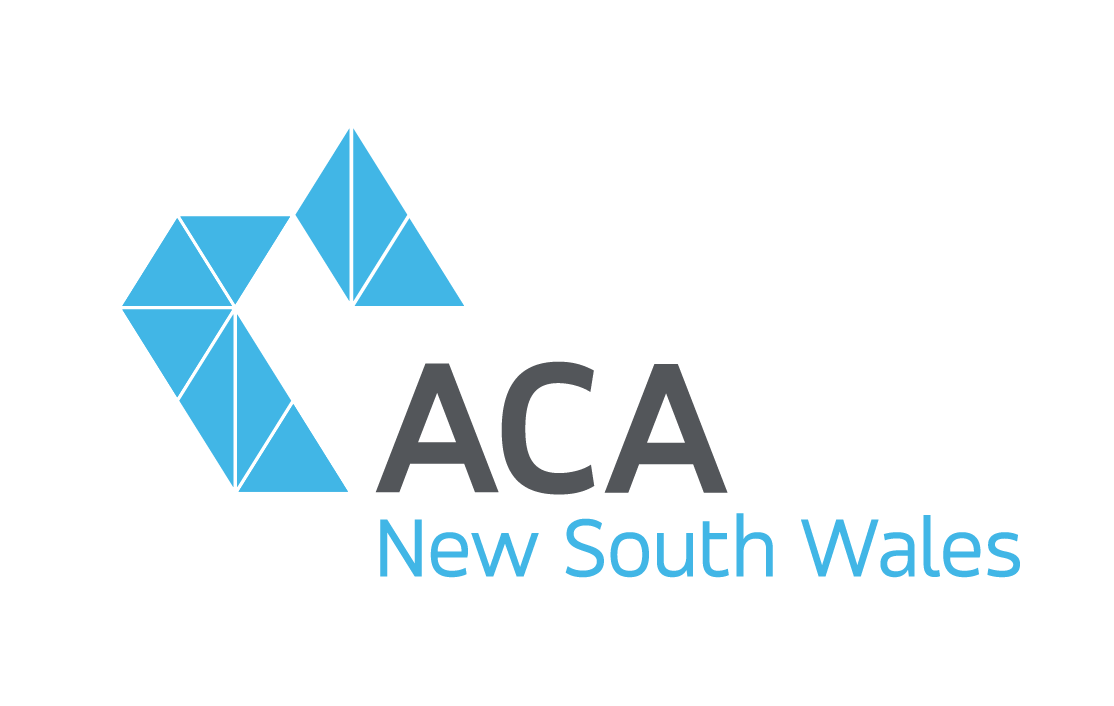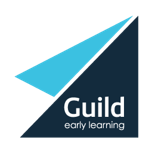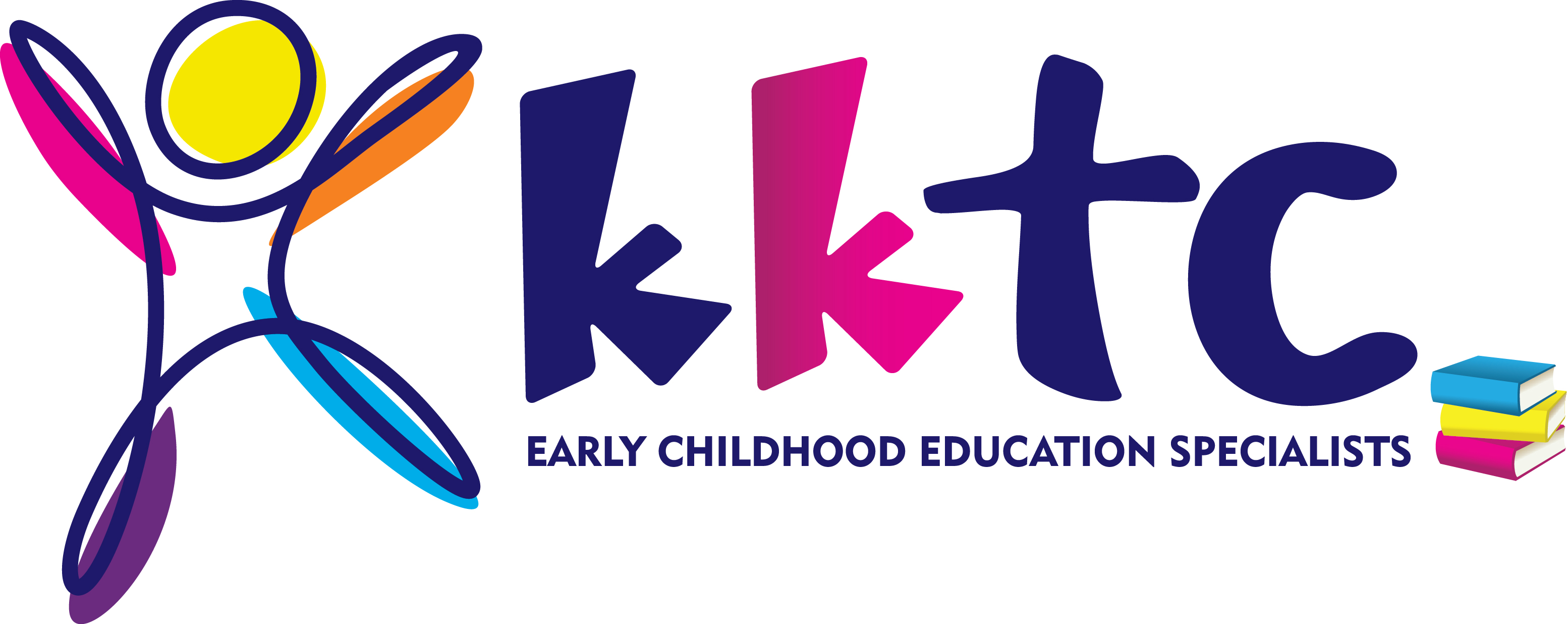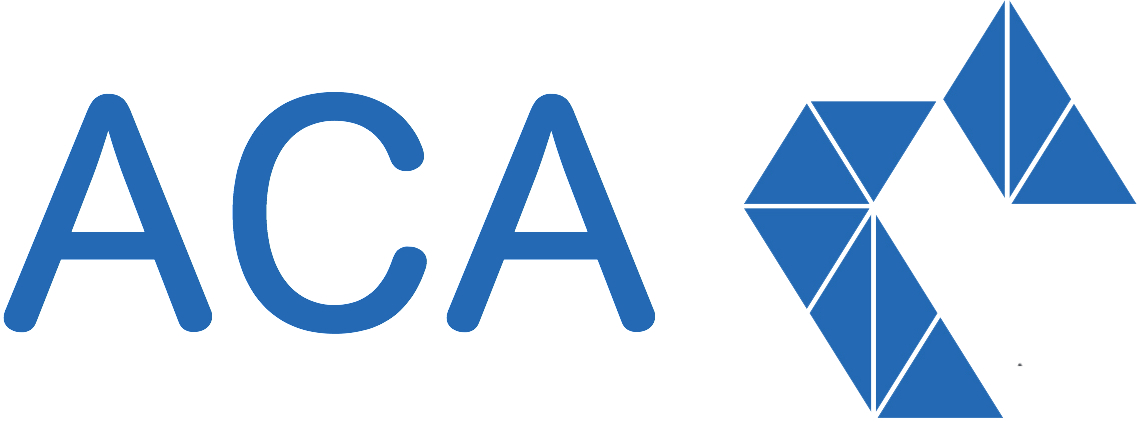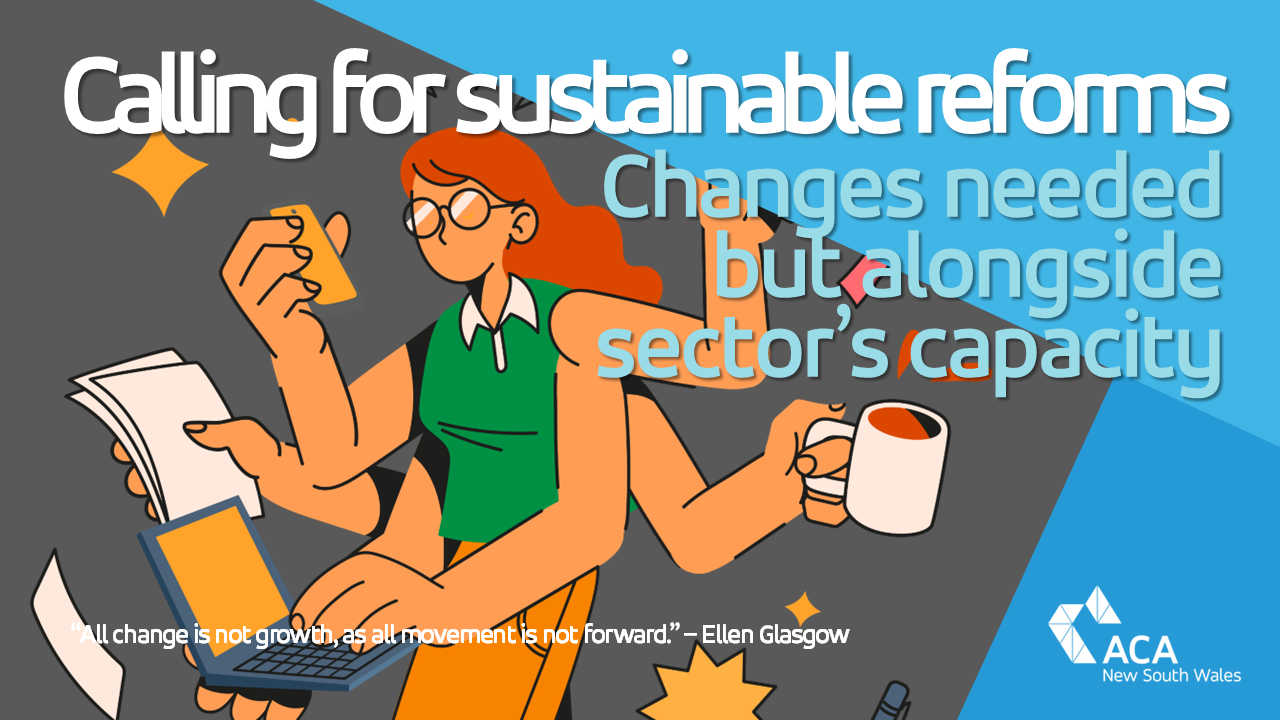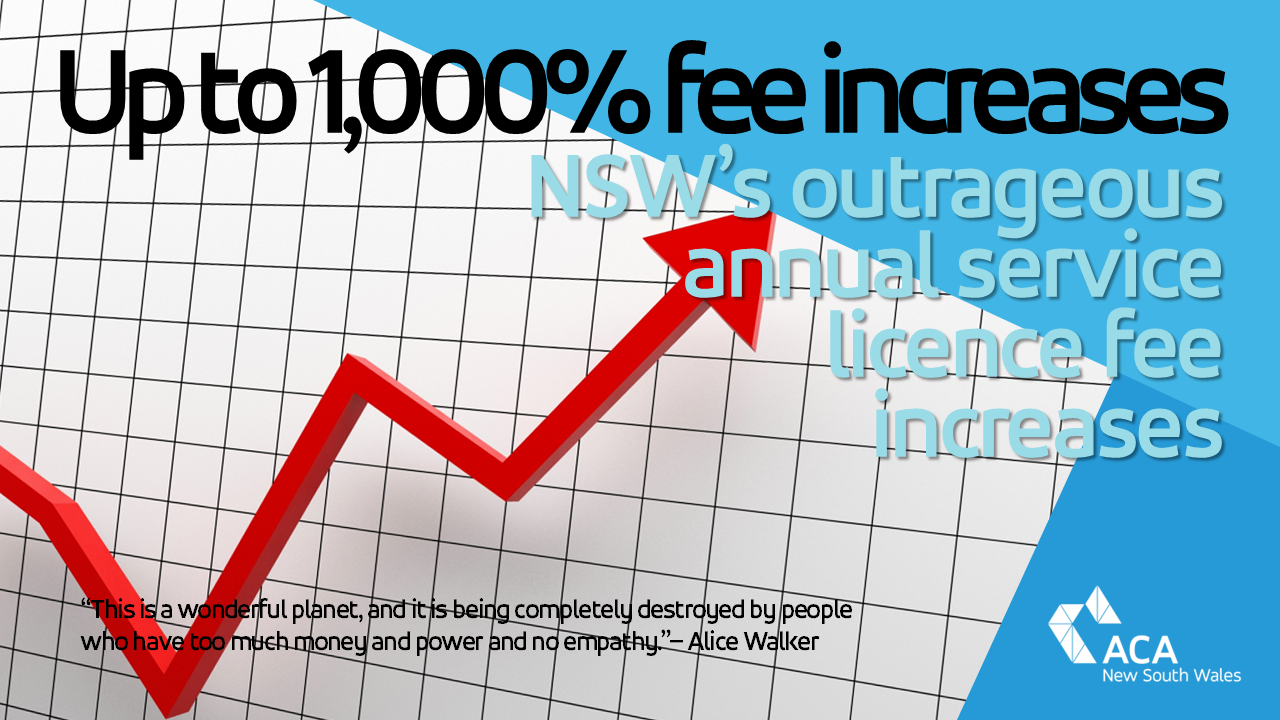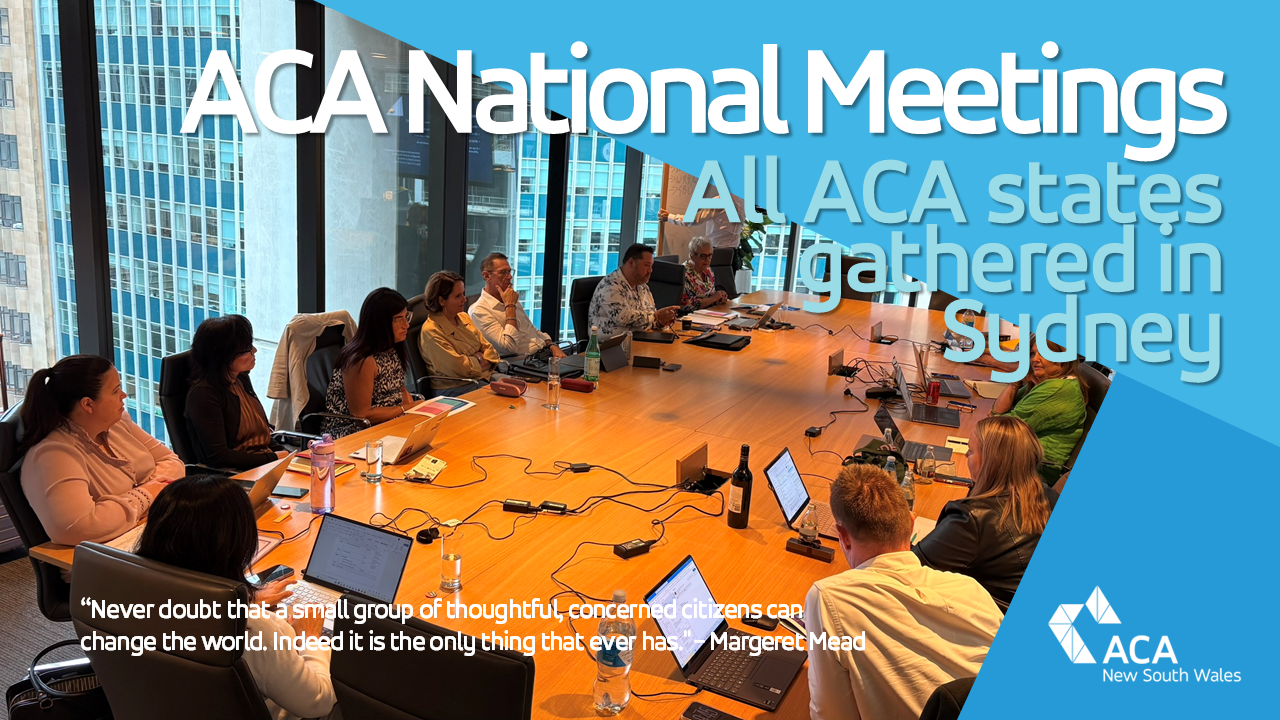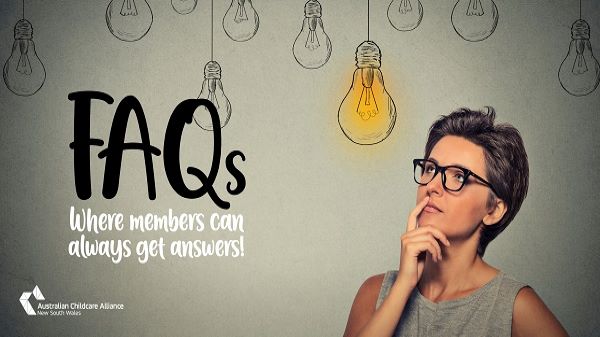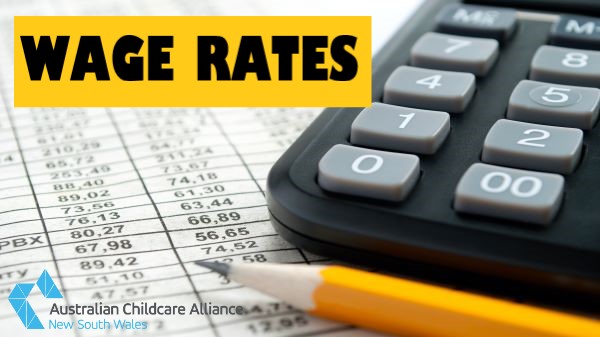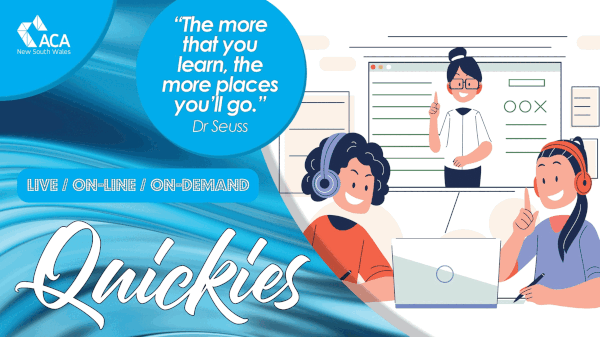With the rise and trajectory of artificial intelligence, it is appropriate to ask the question: "Can artificial intelligence tools be used to help early childhood educators, teachers and services to produce better documentation and regulatory compliance while saving significant time and effort?"
ACA NSW has received the following statement from the NSW Department of Education:
"Artificial intelligence
The NSW Early Childhood Education and Care Regulatory Authority (ECEC RA) has raised this matter with ACECQA and it has been identified as a topic for future discussion by all jurisdictions at RPC.
As you would be aware there is no current position on the use of AI within the NQF. If providers do decide to use AI, the most important factor that they should ensure is that any information provided to the NSW ECEC RA is accurate, current, understood and implemented in practice (e.g. if AI was used to prepare self-assessment and quality improvement planning information it is critical that this information is reflective of practice within the service). This is the same expectation as if a service uses an external consultant to prepare their documentation.
Providers and services that do choose to use AI platforms should be aware of the below risks:
- Many AI platforms are relatively untested and not regulated by existing regulatory frameworks. As such, there may be regulatory gaps and risks relating to data protection issues, data storage, and security breaches, including unintended disclosure of services’ and staff members’ private information.
- Engaging in the self-assessment process is key in driving continuous improvement. There is a risk that AI platforms’ responses do not provide information that is specific to the service’s unique circumstances, considerations, practices, strengths and areas for improvement. This would be contrary to the objectives and guiding principles of the National Quality Framework (NQF).
During an assessment and rating visit, the authorised officer will test and confirm key practices identified by services through their supplied quality improvement plan or self-assessment document and assess this information in alignment with practices implemented at the service. Authorised officers come with a wealth of professional expertise and participate in frequent training to refine their evidence collection understanding using ‘observe’, ‘discuss’ and ‘sight’ techniques to gather information and evidence that supports the assessment of the service against the National Quality Standards, National Law and National Regulations. Evidence collection techniques are adapted to cater to the specific standard being reviewed and used to validate findings, confirming authentic practices while considering the individual context for each service.
I will provide you with further updates on this issue as national discussions progress or if there is a need to issue guidance. The ECEC RA is committed to working with other jurisdictions to support a consistent approach to the use of AI."
It is also worth noting that as advanced as artificial intelligence may be, its evolutionary trajectory continues. ACA NSW believes artificial intelligence as a tool can never replace skilled human early childhood educators and teachers.
That said, while being conscious to the ethics of its use, we should also remain open to the right artificial intelligence tool(s) that can produce positive and tangible benefits for its users. And its output should not be discounted by prejudice if such documented output are true and accurate reflections of practices and children.
PLEASE NOTE: The NSW Education Department is working with Microsoft to build a “child-safe” version of the artificial intelligence (AI) chatbot ChatGPT. The first AI classroom assistants will save teachers hours every week in planning lessons and assignments, using a censored chatbot custom-built for Australia’s biggest schooling system. (See "Artificial intelligence to the rescue of stretched teachers", published by The Australian (6 February 2024).)
Should members need further information/clarification, please contact the ACA NSW team via 1300 556 330 or nsw@childcarealliance.org.au.
PUBLISHED: 27 MARCH 2024
